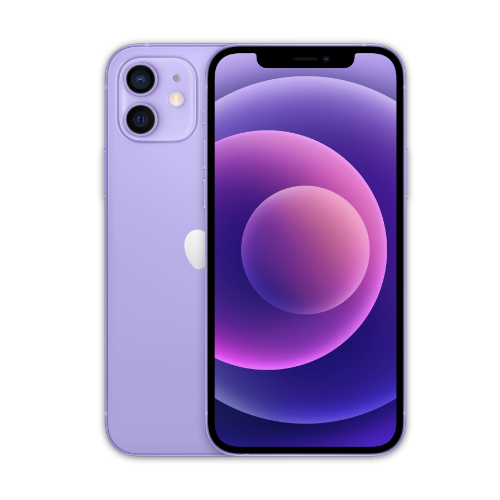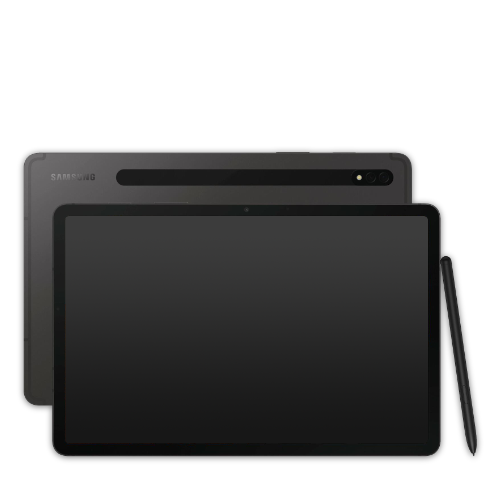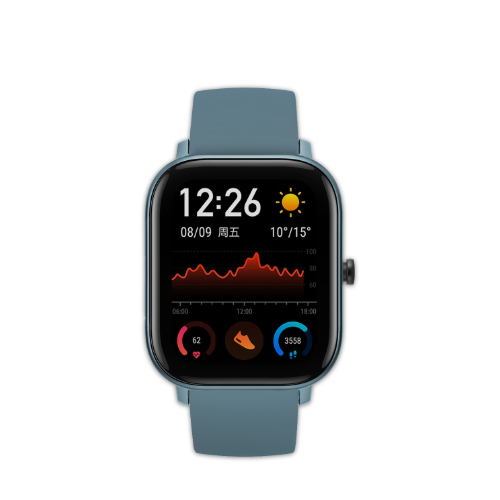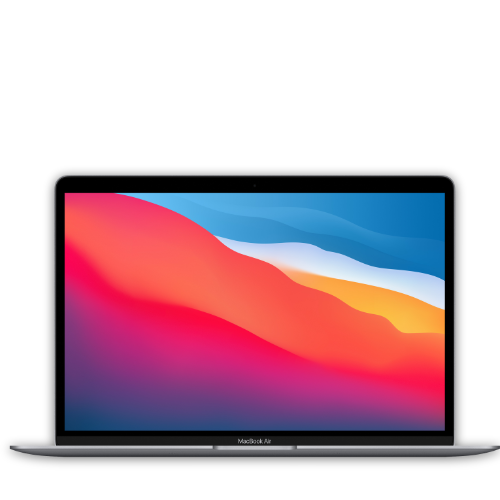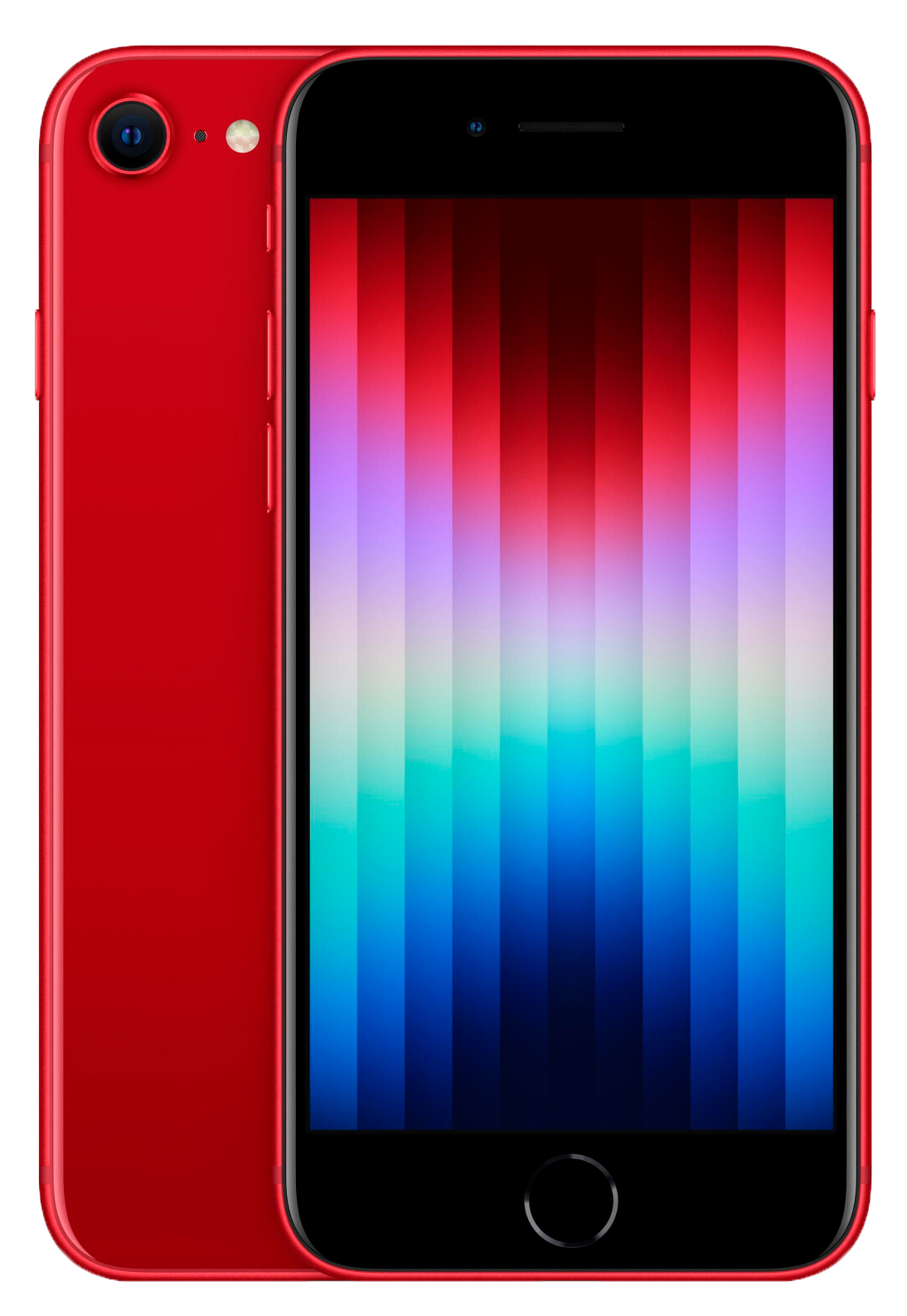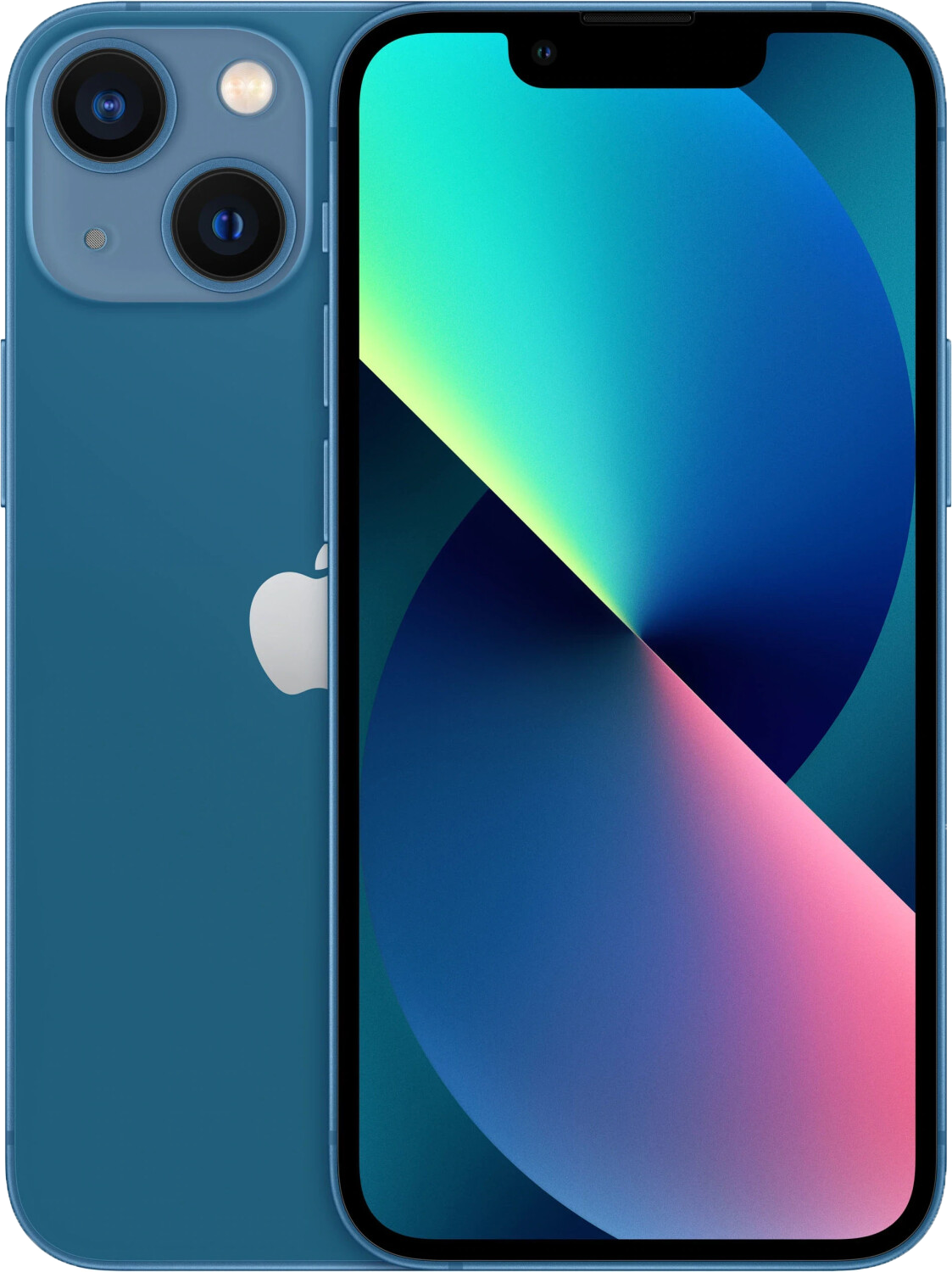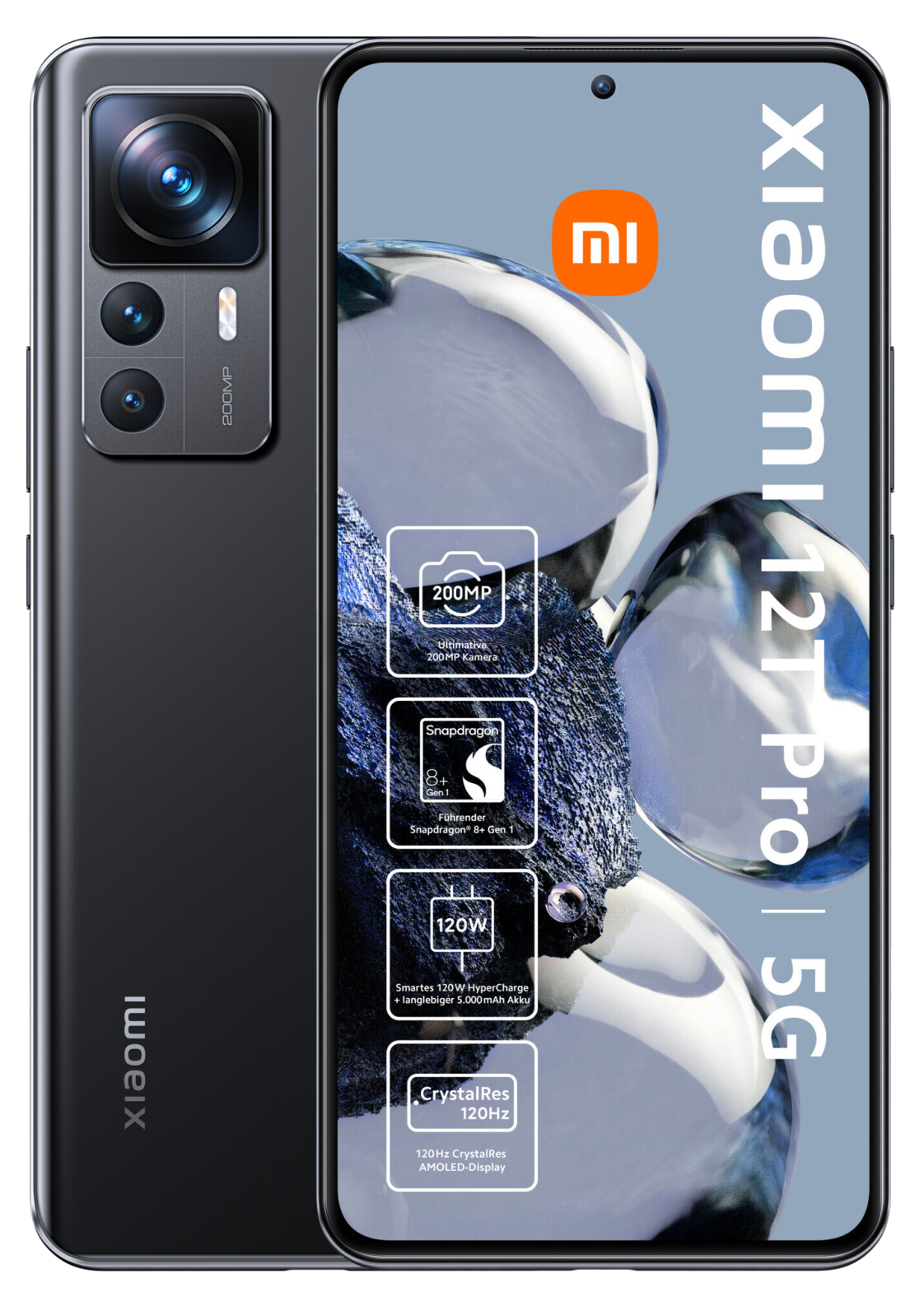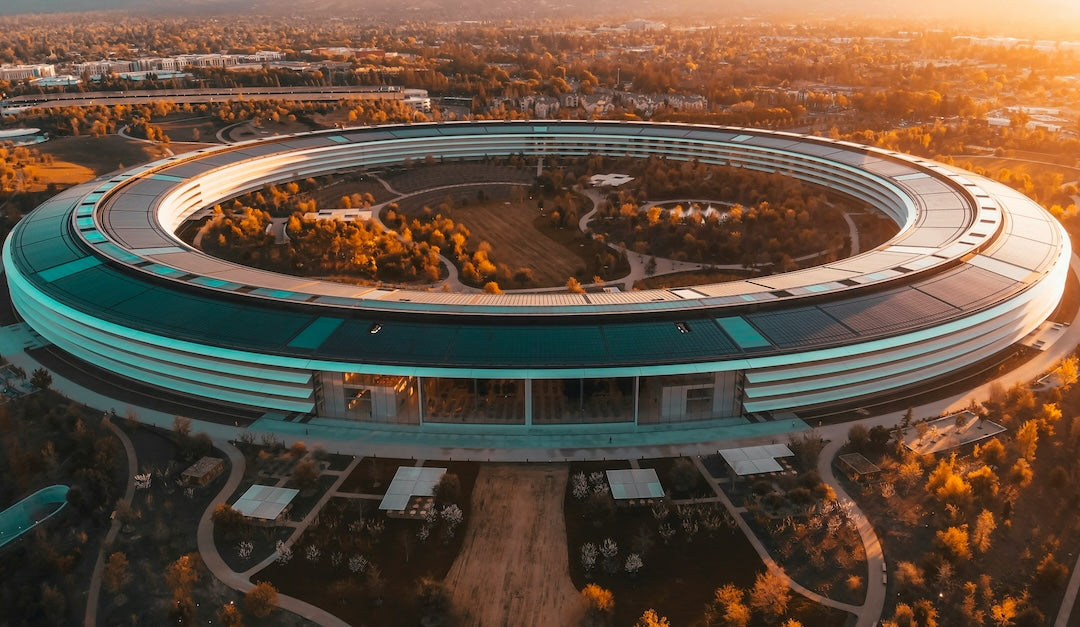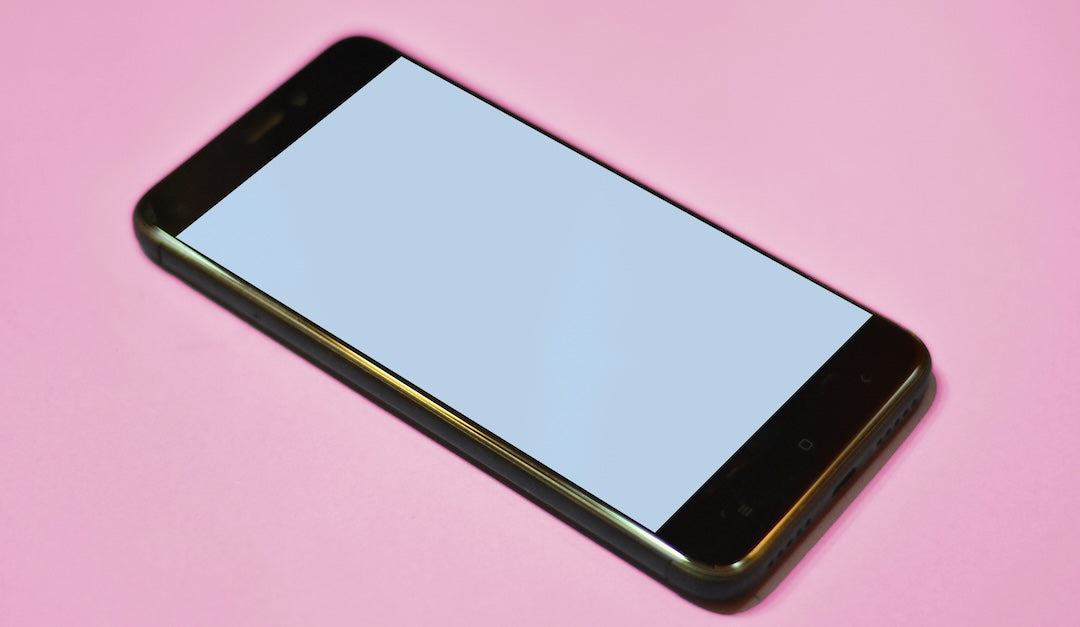A smartphone can be a valuable resource for children, but it also presents challenges and risks. It is important for parents to make an informed decision when it comes to their child's first smartphone. The right age, maturity of the child and the technical and safety aspects all play a major role. This guide will help you consider the most important factors and choose the right device. This way you can ensure that your child not only gets fun and benefits from the smartphone, but also uses it safely and responsibly.
Consider these steps before buying your child's first smartphone
1. Age and maturity of the child
Deciding when a child should get their first smartphone is an important decision. Many experts recommend that children should not get a smartphone until they are 10 to 12 years old. But age alone is not the deciding factor. Your child's maturity level also matters. Consider whether your child is responsible enough to own and use a smartphone properly. Can they follow rules, understand the importance of privacy, and are they able to stay safe online? These considerations are crucial to ensuring your child is ready for the responsibility that comes with a smartphone.
2. Security features and child protection
Safety is paramount when it comes to your child's first smartphone. Make sure you choose a device that offers built-in parental controls - most modern operating systems have these options. These features allow you to limit usage time and filter content so your child only sees age-appropriate content.
3. Privacy settings
Protecting your child's privacy is essential. Make sure you can adjust the smartphone's privacy settings to protect your child's data. This includes disabling location sharing and restricting permissions for apps. Check if the device offers location control features so you can monitor your child's whereabouts. It's also important to explain to your child why privacy is important and how they can protect their own data.
4. Costs and budget
Set a realistic budget for your child's first smartphone. It doesn't have to be the newest or most expensive model. Consider whether a prepaid plan or a contract is better for keeping costs under control. A prepaid plan offers the advantage that costs are clearly limited and there are no nasty surprises on the phone bill. Another excellent option is to buy a refurbished smartphone. These devices are professionally reconditioned and offer good quality at a significantly lower price. Refurbished smartphones can be a cost-effective and sustainable choice that offers your child a reliable device without breaking the budget. With refurbishers like Janado, parents also have the option of returning the smartphone within 30 days if they don't like it.
5. Operating system and user-friendliness
A user-friendly operating system is crucial so that your child can use the smartphone intuitively. Both iOS and Android offer different advantages and disadvantages.iOS is known for its ease of use and strong parental controls, while Android often offers more customization options and a wider range of devices. Consider which platform is a better fit for your child's needs and abilities. Both systems have special features and apps that increase safety and ease of use.
6. Battery and performance
A smartphone with a long battery life is especially beneficial for children who are on the go a lot. Make sure the device has enough power to support common apps smoothly without having to charge it too often. It doesn't have to be a high-end device, but it should work reliably and meet your child's basic needs. A good battery and stable performance will ensure that your child can use the smartphone efficiently and without frustration.
7. Screen size and resolution
The screen size plays an important role in the handling of the smartphone. A display that is too large can be unwieldy, while a display that is too small makes it difficult to use. A medium format is often ideal for children's hands. In addition, the screen resolution should be high enough to provide a pleasant viewing experience, especially for educational and entertainment apps. A good resolution helps ensure that texts are clearly legible and media content is displayed in high quality.
8. Apps and media use
Make sure only age-appropriate apps can be downloaded and used. Many smartphones offer the option to set app store restrictions so you have control over which apps can be installed. Also, monitor your child's media consumption by keeping an eye on social media and streaming service usage. It's important that your child doesn't spend too much time on screens and finds a healthy balance between online and offline activities.
9. Rules and Agreements
Set clear rules for smartphone use. These include screen-free times, acceptable content and behavior when using the device. Discuss possible consequences for misuse or violations of the rules. A clear usage agreement helps to avoid misunderstandings and ensures that your child understands and accepts the responsibility for using the smartphone.
Choosing your child's first smartphone requires careful thought and consideration. By considering the points above, you can make an informed decision that promotes your child's safety, privacy and well-being. A well-chosen smartphone can be a valuable resource that supports your child while being used safely and responsibly.
Recommended smartphones for children
Choosing the right smartphone for your child can be a challenge. Here are some recommendations for iPhones and Android devices that offer value for money as well as safety and parental controls.
iPhone recommendations
iPhone SE (3rd generation, 2022)
- Advantages: Compact design, powerful A15 Bionic chip, affordable price, support for latest iOS versions.
- Recommended reason: Ideal for kids who prefer a smaller device but still want the full power of a modern iPhone.
- Buy iPhone SE (3rd generation, 2022) at Janado Refurbished here
iPhone 13 mini
- Advantages: Compact and handy design, powerful A15 Bionic chip, excellent camera quality, support for several years.
- Recommended reason: Offers the latest iPhone technologies in a small and handy format, perfect for children.
- Buy iPhone 13 (mini) at Janado Refurbished here
iPhone 12
- Advantages: Larger screen, excellent camera quality, powerful A14 Bionic chip, durable and future-proof.
- Recommended reason: A robust and powerful device that can be used for several years without problems.
- Buy iPhone 12 at Janado Refurbished here
Android recommendations
Google Pixel 7a
- Advantages: Pure Android experience, regular security updates, excellent camera, affordable refurbished price.
- Recommended reason: Ideal for parents looking for a safe, easy-to-use Android device with good performance.
- Buy Google Pixel 7a at Janado Refurbished here
Google Pixel 3
- Advantages: Pure Android experience, regular security updates, very attractive price as a refurbished device.
- Recommended reason: A powerful and safe device at an affordable price.
- Buy Google Pixel 3 Refurbished at Janado here
Samsung Galaxy A52
- Advantages: Good value for money, robust design, powerful battery, water protection (IP67).
- Recommended reason: A versatile device with great features at a reasonable price.
- Buy the cheapest used Samsung Galaxy phones at Janado
Conclusion: The right choice for a safe and responsible first smartphone
When choosing your child's first smartphone, you should find a balance between price, performance and security. Refurbished models often offer the best combination of quality and price. Regardless of whether you choose an iPhone or an Android device, make sure that the device offers the necessary security and parental control features. This way you can be sure that your child can use the smartphone safely and responsibly.

